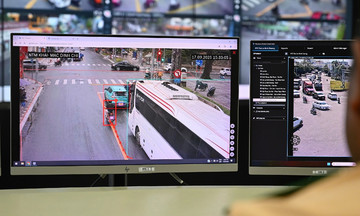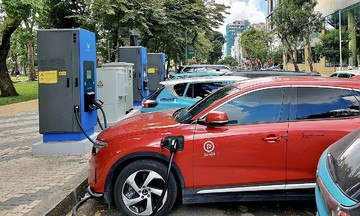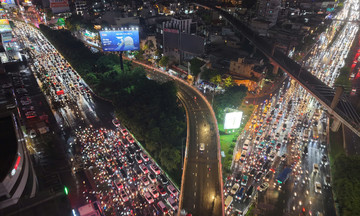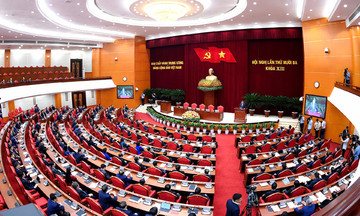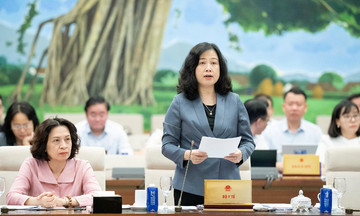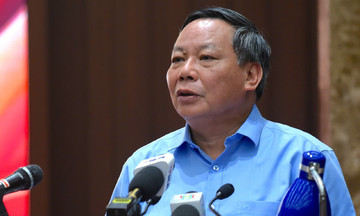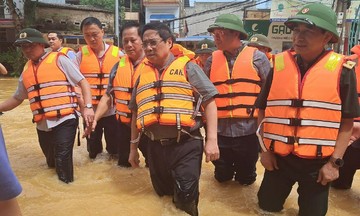This provision is part of the draft Cybersecurity Law submitted to the National Assembly Standing Committee by the government on 23/9. Deputy Minister of Public Security Nguyen Van A stated that the regulation aims to ensure cybersecurity and effective state management.
An IP address is a unique numerical label assigned to each device connected to a computer network that uses the Internet Protocol for communication. This information from an IP address helps authorities determine the location, time, and subscriber connected, similar to the residential information of a fixed address.
According to the drafting agency, IP addresses frequently change between subscribers and locations, or are withdrawn without any agency managing them for security and order. Current IP lookups are inadequate, with a very low rate of successful identification, taking a lot of time and losing operational significance. Law enforcement agencies must send requests to internet service providers and rely entirely on the level of cooperation from the businesses, potentially risking the exposure of operational activities.
Therefore, the regulation requiring network providers to identify, manage, and provide IP information to specialized forces is considered necessary and feasible, contributing to ensuring national sovereignty in cyberspace.
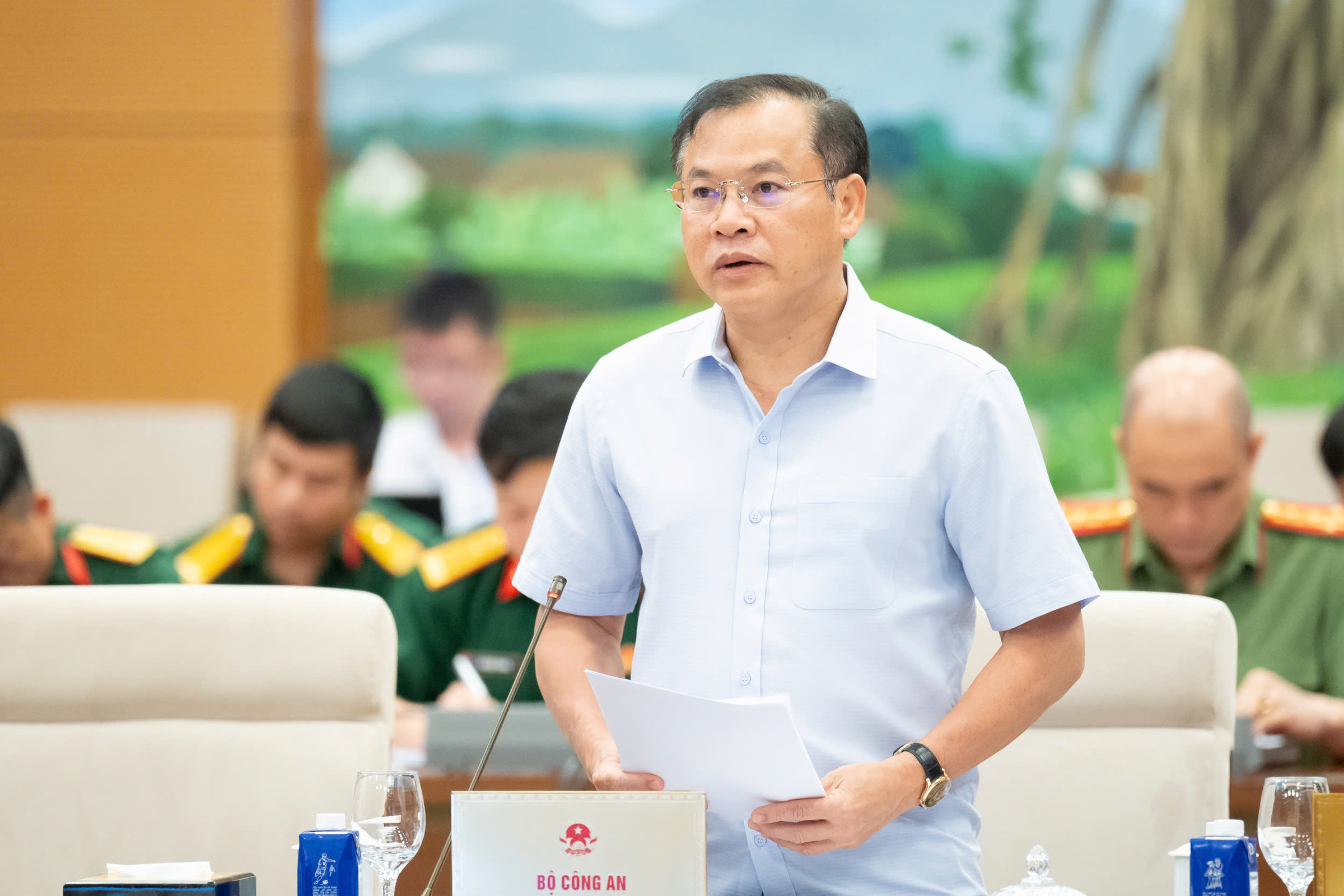 |
Deputy Minister of Public Security Nguyen Van Long. Photo: National Assembly Portal |
Deputy Minister of Public Security Nguyen Van Long. Photo: National Assembly Portal
Preventing the misuse of AI for image manipulation
At the meeting, National Assembly Chairman Tran Thanh Man suggested adding clear regulations on the responsibilities of cross-border platforms like Google and Facebook, especially in the context of artificial intelligence (AI) potentially being exploited for illegal activities. "AI can mimic voices to manipulate content for extortion, while the servers are often located abroad," he said.
Regarding critical information systems, the National Assembly Chairman proposed that the draft law clearly define the scope related to national security, such as banking, energy, transportation, and telecommunications systems. The government needs to establish regulations for periodic assessments, continuous monitoring mechanisms, and the application of multi-layered protection models with firewall and encryption technology.
He also suggested strengthening the roles of the Ministry of Public Security, the Ministry of National Defense, and the Ministry of Science and Technology in protecting information systems. He also requested clear regulations on sharing data about threats between state agencies and businesses.
The National Defense, Security, and Foreign Affairs Committee agreed with the major policies outlined in the draft law but suggested adding preventive measures to address the use of AI deepfakes to forge identities and create clips, images, and audio for fraud or defamation of individuals and organizations. The verification agency also emphasized the need for specific regulations on protecting state secrets, work, business, and personal life information to ensure consistency with the Law on Protection of State Secrets and the Law on Personal Data Protection.
Son Ha






